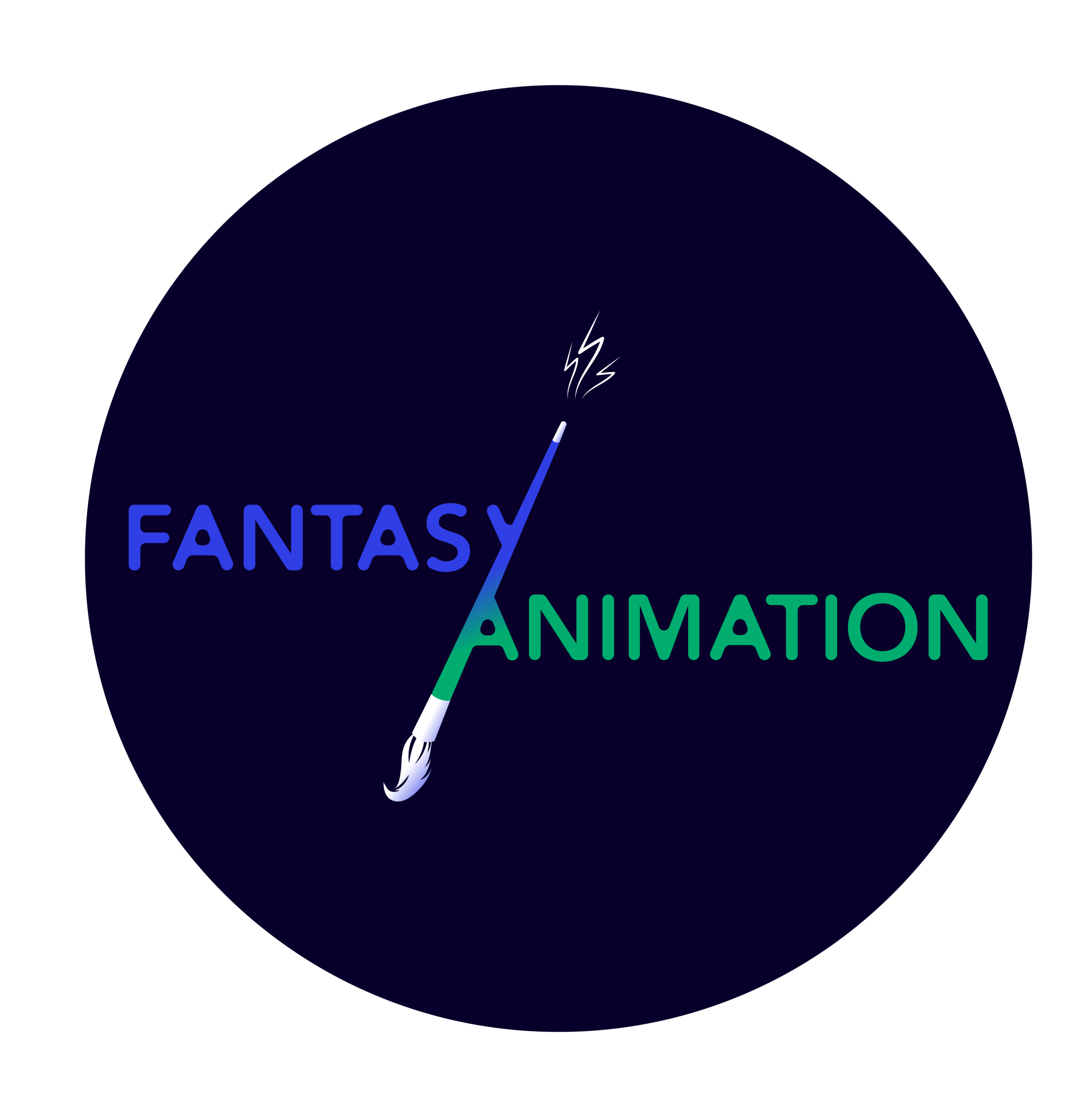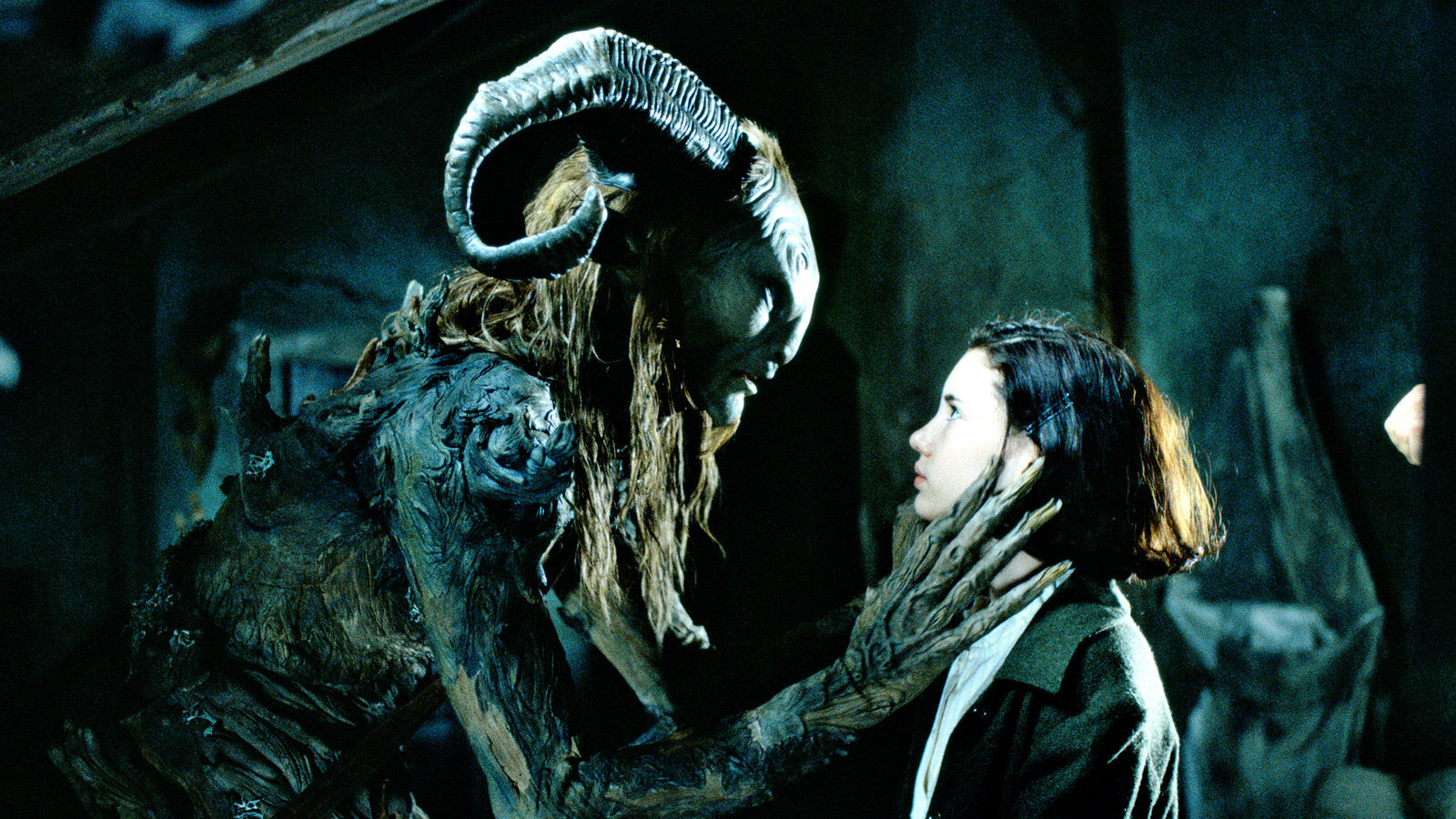Episode 53 - Pan's Labyrinth (Guillermo del Toro, 2006) (with Deborah Shaw)
The Fantasy/Animation podcast takes listeners on a journey through the intersection between fantasy cinema and the medium of animation. Available via Apple Podcasts, Spotify and many of your favourite podcast hosting platforms!
Episode 53 journeys into the irregular and twisting world of Spanish fantasy cinema, with Chris and Alex joined in their discussion of Pan’s Labyrinth (Guillermo del Toro, 2006) by Deborah Shaw, Professor of Film and Screen Studies at the University of Portsmouth, and a specialist in Latin American cinema whose publications include The Three Amigos: The Transnational Filmmaking of Guillermo del Toro, Alejandro González Iñárritu, and Alfonso Cuarón (Manchester University Press, 2013), as well as the edited collections The Transnational Fantasies of Guillermo del Toro (Palgrave Macmillan, 2014), and Latin American Women Filmmakers: Production, Politics, Poetics (I. B. Tauris, 2017). Topics up for examination this episode include the potency and power of the film’s national-historical setting, and its knotted relationship with the perennial allegory of Fascism; the narrative role of magic and belief within the construction of villainy and antagonism; the ‘monstrosity’ of Guillermo del Toro’s VFX and the formal style of its monstrous aesthetics; the rhythmical dimension of how del Toro treats time, chronology and history; and the global circulation of Pan’s Labyrinth that is enabled by its palatable mainstream vocabulary of CGI and populist effects imagery.
Suggested Readings
Bergson, Henri. 1912 [1900]. Le rire: Essai sur la signification du comique. Paris: Félix Alcan.
Brown, William. 2009. “Beowulf: The Digital Monster Movie,” animation: an interdisciplinary journal 4, no. 2: 153-168.
Deleuze, Gilles. 1989 -1985]. Cinema 2: The Time Image. Trans. Hugh Tomlinson and Robert Galeta, Minneapolis: University of Minnesota Press.
Kirby, Alan. 2009. Digimodernism: How New Technologies Dismantle the Postmodern and Reconfigure Our Culture. New York: Continuum.
Lim, Bliss Cua. 2009. Translating Time: Cinema, the Fantastic, and Temporal Critique. Durham: Duke University Press.
Mendlesohn, Farah. 2008. Rhetorics of Fantasy. Middletown: Wesleyan University Press.
Todorov, Tzvetan. 1975. The Fantastic: A Structural Approach to a Literary Genre. Ithaca: Cornell University Press.

